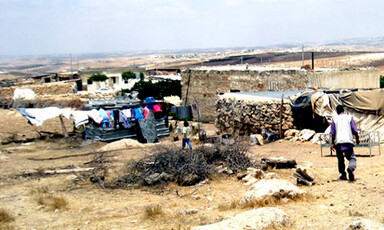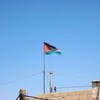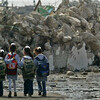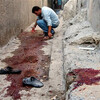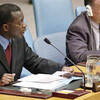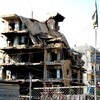
Gaza Disengagement: Future of the Gaza Strip
1 September 2005
Although the colonization of the Gaza Strip has now come to an end (with the evacuation of the settlers), Israel’s military occupation of the Gaza Strip and the West Bank (including East Jerusalem) continues. Israel strictly controls all access in and out of the Occupied Gaza Strip thereby controlling the movement of both goods and people. And, while the Israeli Army may soon evacuate the Gaza Strip, the Army will continue to strictly control all Palestinian movement. Issues remain unsolved such as Rafah crossing, the customs envelope, the Palestinian airport and seaport, the movement of goods within the occupied Palestinian territories and between the occupied territories and Israel. Read more about Gaza Disengagement: Future of the Gaza Strip

